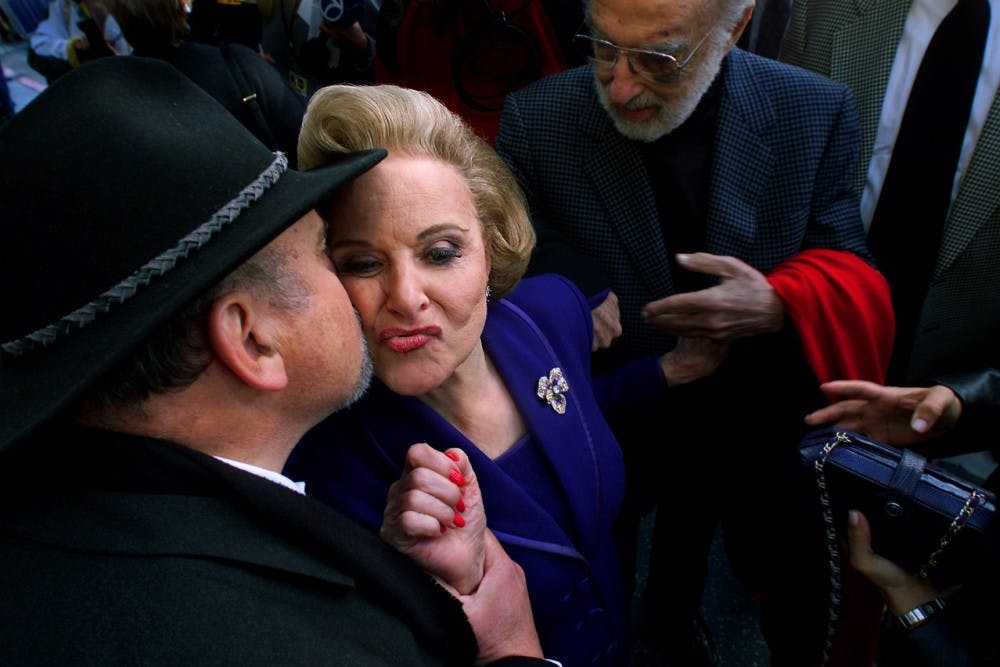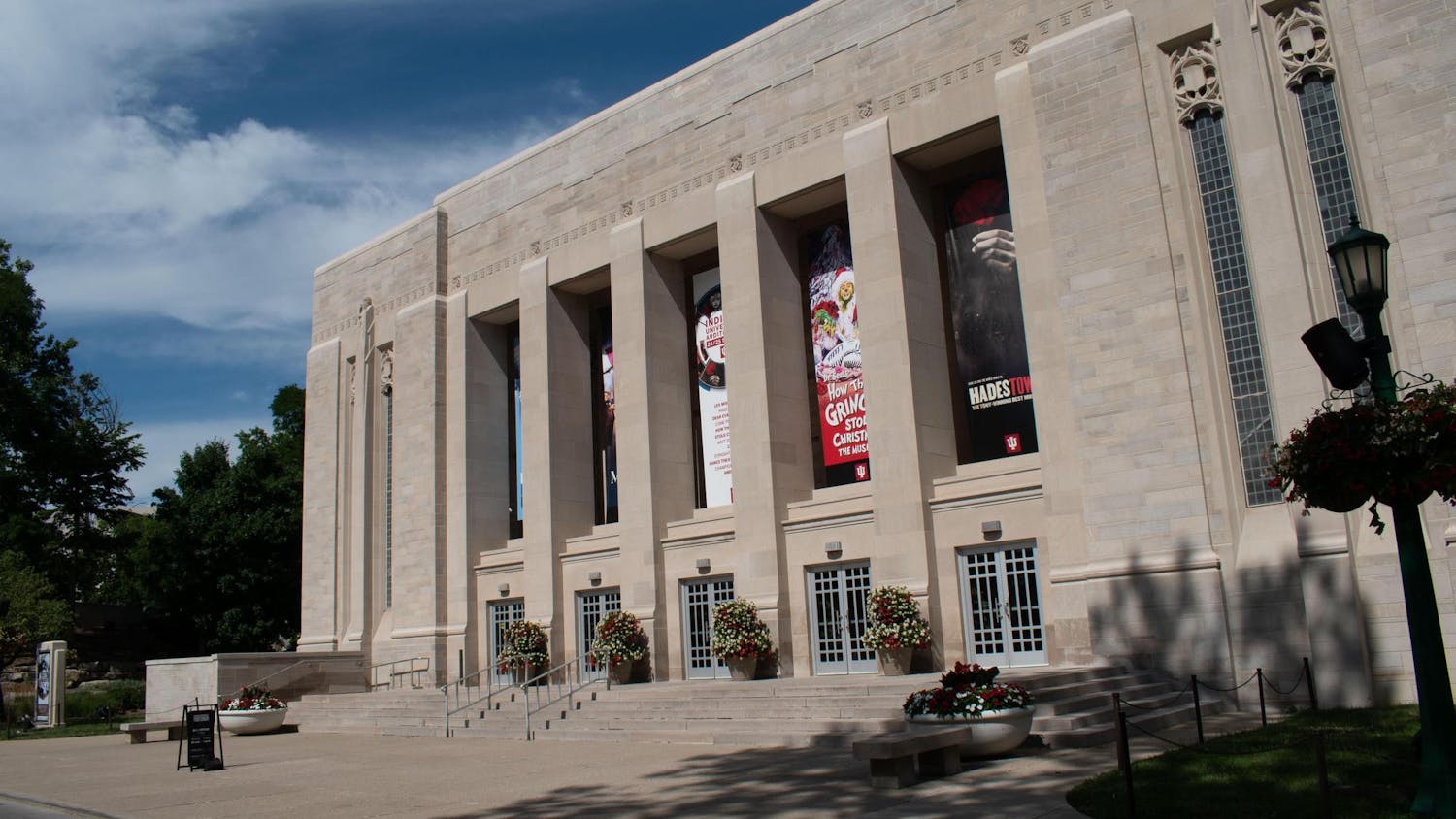Growing up, I hated my middle name. I hated teaching people how to pronounce it. I hated that it made me feel like an “other,” fundamentally different from my peers.
I remember a day in third grade when a couple of my white friends, who never meant any harm, found out how much I hated my middle name. Indulging in some friendly teasing, they wrote my middle name — Tharanga — all over the whiteboard in the front of the classroom. I remember staring up at it and feeling so small, so lost and so alone. In a class full of white people, my name made me different when all I wanted was a “Marie” or “Elizabeth,” something “normal.”
But my middle name is not Marie or Elizabeth. It’s Tharanga. In Sinhala, it means “wave” — usually an ocean wave, but my dad was thinking more along the lines of a sound wave. It just so happens that the ocean and music are on the list of things I love most. And now, after years of growth and acceptance, I can add my middle name to that list, too.
This is why it stung when the famous advice column “Dear Abby” recently advised parents to avoid “foreign names."
My middle name is a way to connect with my identity as a Sri Lankan-American. Young Christine may have felt shame for the smell of her food, the color of her skin, the way her parents struggled to make small talk with other cross-country parents. But today I’m ashamed for not being able to write more than a handful of characters in Sinhala, for not being able to cook Sri Lankan food, for messing up traditions when visiting Sri Lanka.
It’s hard to connect to Sri Lankan culture in the United States, where even Asian campus organizations have no Sri Lankans, where there are no Sri Lankan clubs, where Sri Lankan dance isn’t represented among the campus dance groups, where I can’t just log into Netflix and find a section dedicated to my country. It’s easy to feel disconnected, but my name is a way to connect. It’s a permanent marker of my identity.
Your name is also the first thing you use to introduce yourself. Being able to show your culture to someone in that way is a gift, not a curse.
"Dear Abby" claimed foreign names force children to constantly correct people’s pronunciation and fend off bullying. She says foreign names make it difficult for the child and the people around them. But making someone hide part of their identity to make things more convenient for you is disgusting. And to call someone’s name “grating” because it doesn’t fit your Western-centric norms is a shameful instance of oppressive, dangerous cultural imperialism.
We should never have to change our names to be accepted or to be palatable to white people, and we should never have to bend to white norms in order to be considered American.
And it’s not hard to learn to pronounce someone’s name. Immigrants may be just as confused by American names, but they learn them. They make an effort. They do the work. Why can’t we all?
Parents who choose foreign names shouldn’t be faulted for making life harder for their children. They’re not being mean and purposefully subjecting their children to teasing. They’re paying homage to where they came from, trying to preserve a part of their culture and heritage that is always threatened to be washed away.
When you ask a parent to rethink their child’s “foreign name,” you're telling them to reject their culture, identity and tradition. You’re telling them to strip away part of themselves just so you don’t have to be bothered to learn.
Plus, the only reason a non-Western name causes children hardship is because of people like Jeanne Phillips, the writer behind the “Dear Abby” column, who perpetuate stigma against these names.
One of my biggest fears is that generation by generation Sri Lankan identity will filter out of my family narrative. So much of my parents’ Sri Lankan-ness has already been lost on me as I grow up in a different world from them. If I have children one day, they'll be even more removed from Sri Lankan culture. Their children, even more so. Eventually, maybe my great-grandchildren will take a 23andme DNA test and find out they’re a tad Sri Lankan, seeing it only as dinner table fodder and not a deep part of who they are.
I don’t want my family to lose touch of our Sri Lankan identity, and names are a way of preserving that. If I have children, I'd consider at least giving them Sri Lankan middle names. Maybe they’ll hold onto their identity a bit more, be reminded of where they come from whenever they sign their full names.
A Sri Lankan name may complicate growing up in a world surrounded by people who don’t look like them or share their culture. But just the struggle to love their identity and name is valuable in itself — something I wouldn’t trade for anything and something that has allowed me to appreciate my identity even more when I finally learned to embrace it.






